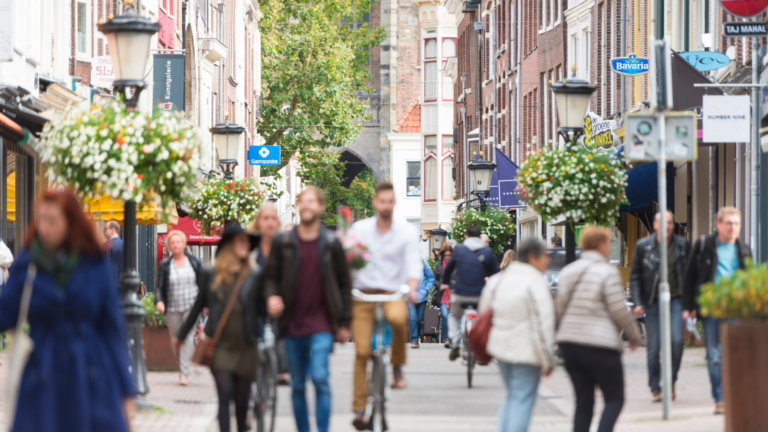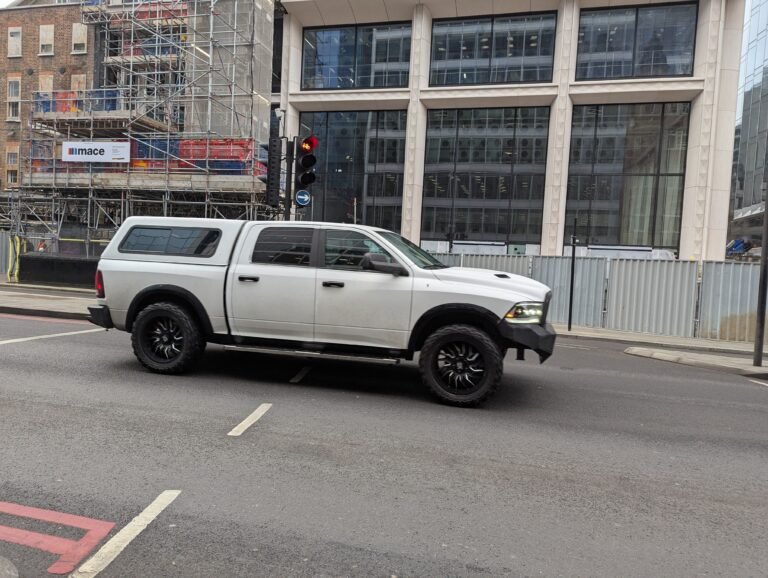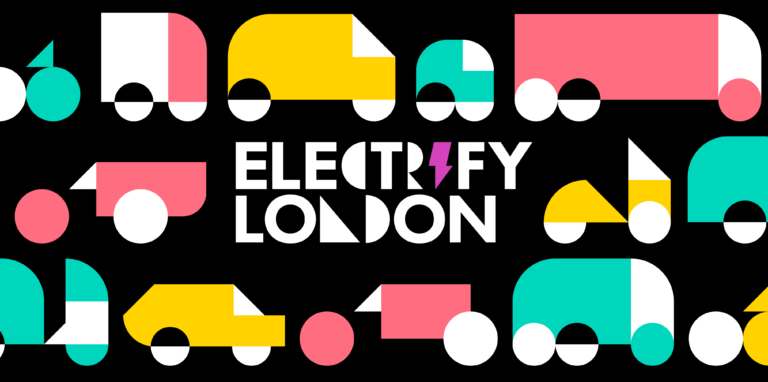That’s the conclusion of a new report launched today by the Clean Cities Campaign Win-Win: 5 fast and fair solutions for cleaning up urban transport. The report profiles the top 5 measures policy-makers can employ in order that clean urban transport policies – such as low- and zero-emission zones – take into consideration the needs of vulnerable groups in society.
As households struggle with the cost of living crisis, it is important to remember that there are also costs associated with the health burden of air pollution. The report highlights evidence that low-income households and communities of colour tend to bear the greatest impacts of dangerous levels of dirty air.(1).
Five solutions
The report proposes a range of solutions for city leaders and governments to help strike a balance between the overall health benefits of clean transport policy and the short term impacts of the changes as they are introduced. These are:
- Mobility credits such as scrappage schemes
- Support to buy bicycles
- Cheaper public transport
- Shared mobility hubs in poorly connected areas
- Social leasing of electric vehicles
Why we need zero-emissions urban mobility
Cities urgently need to address the twin crises of air pollution and carbon emissions from road transport, as we strive to reach our commitments to reduce exposure to dirty air and ensure a stable and healthy climate.
Air pollution causes at least 300,000 early deaths every year in Europe. It can affect almost every organ in the body and is associated with a staggering list of health conditions, including lung cancer, asthma and stunted lung growth in children as well as heart disease. (2) Research from the European Public Health Alliance shows for several cities in Europe the health costs of air pollution are well over Euro 1,000 a year per capita (3).
Barbara Stoll, director of the Clean Cities Campaign says “This is not a zero-sum game — the costs of inaction on air pollution are much greater than those associated with the implementation of the measures that will ease the transition to clean transport. Air pollution is a silent killer and it continues to poison our urban environments and city leaders must act immediately to protect people’s health. This research shows that there are workable solutions for them to ensure that vulnerable communities are supported in the switch to zero emission transport during this cost of living crisis”.
Case study – Edu Bernal is a systems administrator in a cultural management company in Barcelona and developed a cooperative housing model. He has two children. He gave up his car in exchange for a 3-year free public transport pass as part of Barcelona’s T-Verde scheme. (4)
“I believe that we all have to make decisions about our habits. I wasn’t convinced by the idea of buying another vehicle that uses solid fuels, so when the scheme came about I decided it was time to stop registering the vehicle and use public transportation and car-sharing with ‘Som Mobilitat’ instead. I have time to read, study, inform myself. And I save money. A really important change is coming!”
ENDS
References
-
Win-Win: 5 fast and fair solutions to clean up urban transport, CCC, Feb 2023
-
https://www.eea.europa.eu/themes/air/health-impacts-of-air-pollution
-
/epha.org/how-much-is-air-pollution-costing-our-health/ (London Euro 1,294, Paris Euro 1,602, Luxembourg Euro 1,748)
-
https://www.tmb.cat/en/barcelona-fares-metro-bus/single-and-integrated/t-verda



